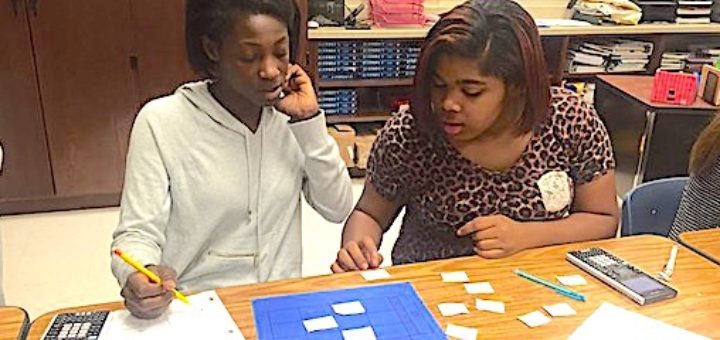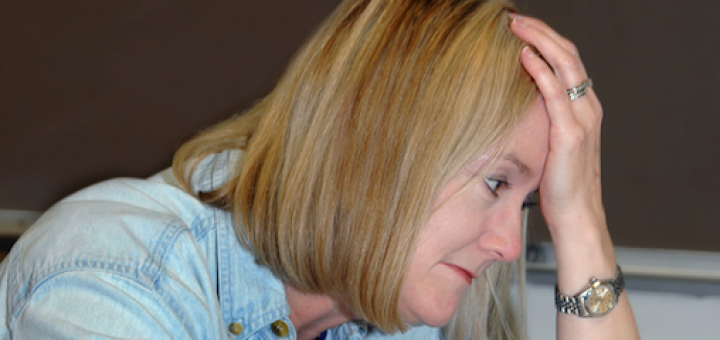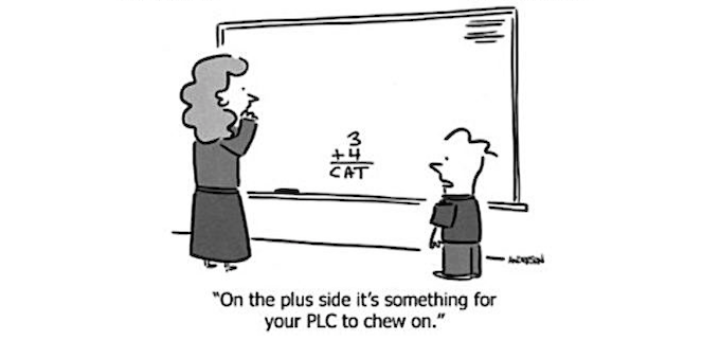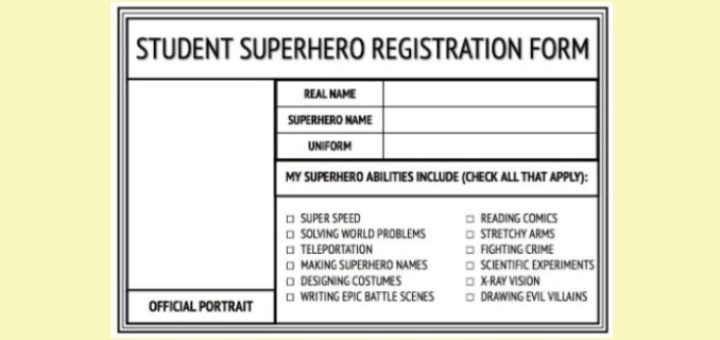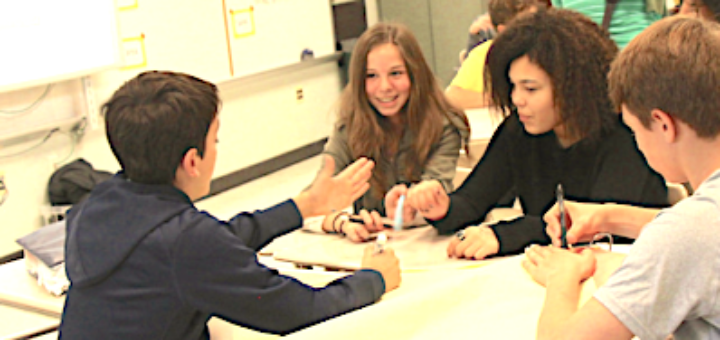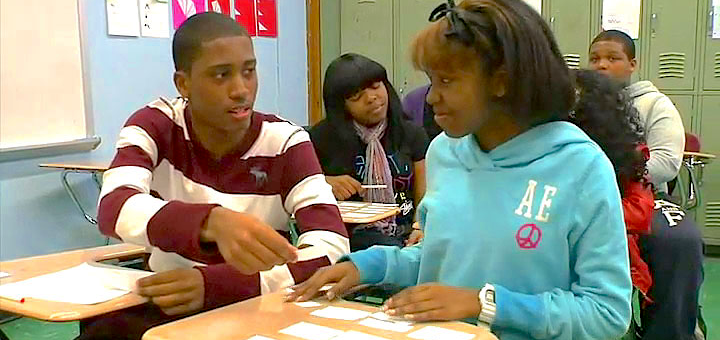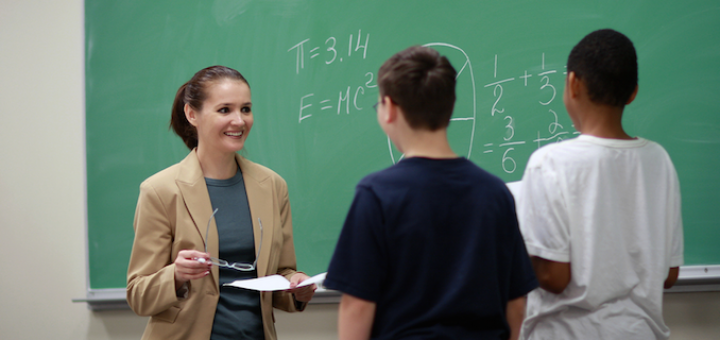Category: Meaningful Math
Students need structure, but that doesn’t mean monotony. For her math classes Michelle Russell recently spent a planning day collecting activities to start the New Year. As they returned, she introduced them to a math-friendly Simon Says, some Desmos routines, and fresh card sorts.
It’s inevitable. Interruptions will steal instructional time. As winter break approached this year, the urgency to “cover everything” left math teacher Michelle Russell super-stressed and her students sad. Armed with fresh strategies, she’ll try not to let it happen again.
It can be hard to convince students that math mistakes are a good thing, when they are punished on standardized testing for every single error. But our intrepid math blogger Michelle Russell is coming up with ways to help her classes turn math missteps into better performance.
How do you get to know all your students in a crowded classroom? Teacher Michelle Russell put a new plan into action this fall in her largest class (28). Selecting names at random, she set out to have a quick chat with one student each day for a month. Discover how it went!
How do teachers’ assumptions about what students know impede the learning process? Michelle Russell is realizing the “obvious” is sometimes not so obvious to kids in her math classes. Her two big problem areas: basic rules of behavior and prior knowledge of operations.
From get-acquainted activities like “Superhero registration” to first-week math games like “Four Fours,” teacher Michelle Russell takes readers through the steps of a new plan to start slow, welcome her students individually, and reassure the anxious ones that math can be fun.
As the school year begins, Michelle Russell has plans to take Geoff Krall’s Necessary Conditions to class. She shares the norms, structures and routines she’ll implement starting day one, from establishing guidelines for group work to assuring academic safety.
Usually Michelle Russell uses Got It, Almost Got It, and Not Yet for quick formative assessments of her math students. With the school year behind her, she applies the process to her own teaching, finding some hits, some misses, and a starting place for future growth.
Michelle Russell’s plan to end the year with some “serious teaching” has quickly collapsed under the weight of special events. That’s okay. “It came to me eventually that I also want to enjoy the last few weeks I will have these students.” Here’s what she decided to do.
Geoff Krall’s valuable new book gets down to math “nuts and bolts,” writes teacher Michelle Russell. It’s not just about theory. It offers detailed strategies and ideas to create the three necessary conditions for students to begin to see themselves as mathematicians.

